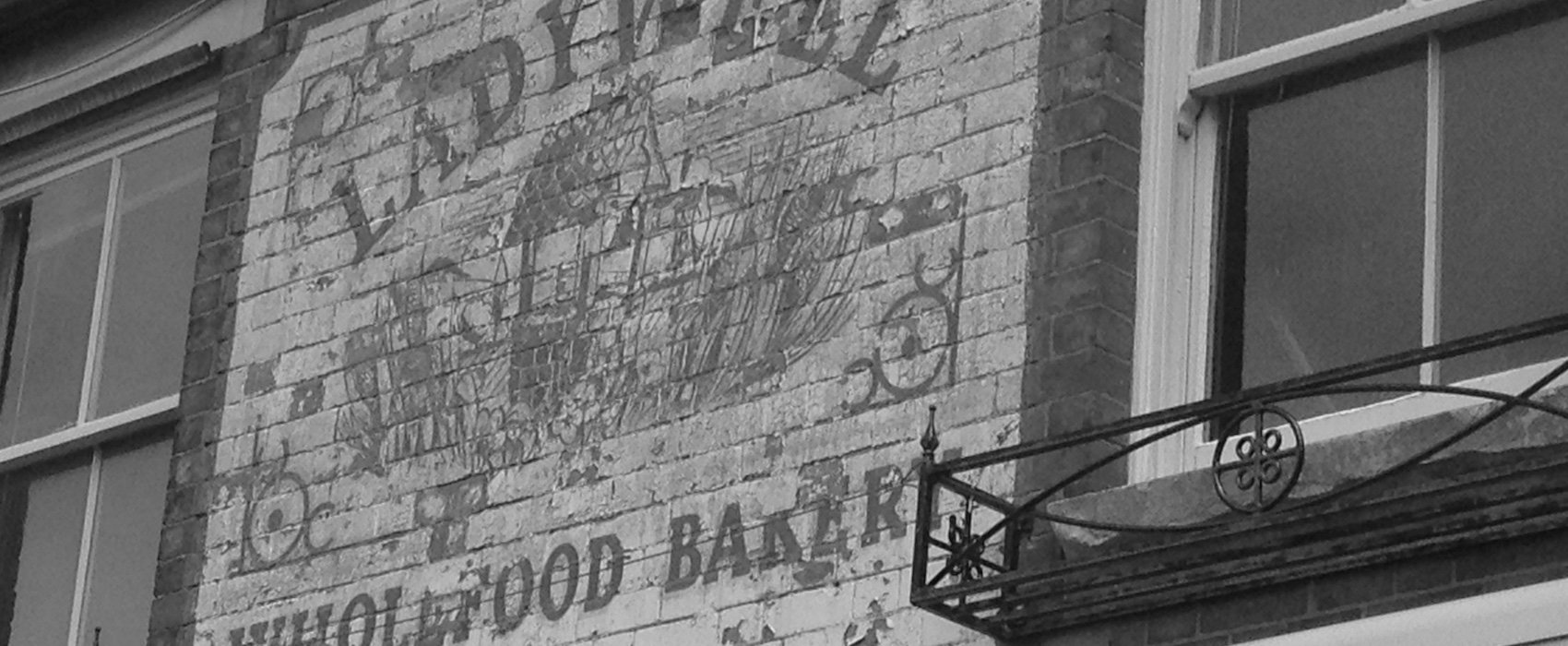This place has to be as removed from the US city of Detroit as it’s possible to be I think, as on a comfortable Sunday morning, families are getting out of cars and make their way to church, while others head towards the Strawberry Fields Food Emporium where I’m sitting. Or perhaps Rothwell too, has been shaped by decisions that were beyond its control and by the rise and wane of the shoe manufacture industry it was built around. Most people go elsewhere to work now and the fact that the bakers is now a deli and restaurant says a great deal.
But then Charlie LeDuff’s Detroit An American Autopsy is the story not just of decline, but of utter brokenness and desolation. We hear talk of the trickle down effect of wealth, but LeDuff reveals in his exposé how the effects of greed, corruption and injustice cascade onto the people of Detroit.
In a fast-talking pace you would expect from a newspaperman, LeDuff recounts tale after tale of officials who bleed the system dry, firemen who can’t get the equipment they need because money is being syphoned off. Amid these stories of incompetence, fraudulence and self-interest we meet whose lives have sunk with the fortunes of the city, and are trying, with varying degrees of success, to adapt to a complete new set of realities.
LeDuff suggests that Detroit, having led the way up, is now leading the way down, and given that his account bankruptcy and its water crisis it’s clear there’s no easy way out of a crisis of this magnitude.
One thread through the book is LeDuff’s changing responses to what he encounters on returning to his home city. When he first writes about former Detroit City Council member Monica Conyers, he is detached, a typical journalist after a story:
Monica was my kind of woman. At least as far as the reporter in me goes. She was a self-absorbed, self-serving diva. A honeypot and a loudmouth who let a bit of power go to her id.
It didn’t matter to me if she spent tens of thousands of dollars on overseas trips paid for by the city’s pension fund. It didn’t matter to me if she mishandled the business of the poorest citizens in the country. It wasn’t my problem, It was my job.
Later on, as he weaves in tales of his own family among those of others, LeDuff no longer just sees the city as story fodder, but is deeply affected by what he sees and has to wrestle with feelings of powerlessness:
It was funny to me at first: the corruption and incompetence and selfishness. But now I was looking at it in a different way: the leadership was ruining people. Or worse, killing them.
…I couldn’t laugh at it anymore. I was part of it, related to it, stuck in it. I was home and I wasn’t leaving. I couldn’t.
Maybe the way LeDuff begins to engage with the city and its people relates to what I was getting at in an earlier post about intellectuals and the idea that knowledge is relational. As the book says, LeDuff is only “part Samaritan” – he doesn’t claim to have made big changes or present us with big answers, but perhaps the most important thing is that LeDuff is changed by what he sees?
At the end, writing about a court case which saw Mario Willis convicted for murder and arson in connection with the 2008 fire that killed firefighter Walter Harris, LeDuff says:
People often ask, where is the hope in Detroit? It was right here. I had just watched it. Society has functioned properly in this case because we all wanted it to. The firefighters, the cops, the judge, the jury, the reporter. We the people who wish to raise our children in peace and health. We the people who would like to bequeath something decent to the people who will follow us.
Given the absolute devastation of Detroit, LeDuff’s stance when it comes to hope seems fitting – instead of grand gestures and big statements, he presents a perspective that is the result of grubbing around, of rubbing up against a lot of different people, making a small difference here and there, and ultimately holding on to the hope that things can improve when people work together.

So struck by LeDuff’s phrase, “because we all wanted it to”, and your subsequent comment of “grubbing around, rubbing up against a lot of different people” as I transcribe conversations between very different people intentionally considering goodness, or morality, or love, stripped bare (or at least processed a little?) of their social, religious, parental or other embedded implications. Choosing what we truly want, rather than submitting to the myth of need, wanting what matters, because it’s good and just and human, seems to take an act or a journey towards the other, towards community, and in that trajectory, towards my less grubby self.